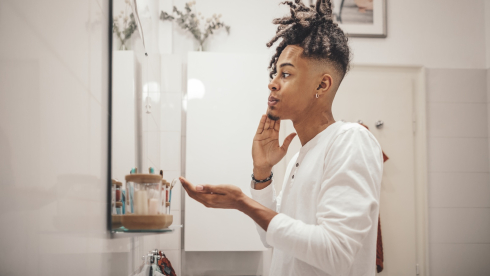There’s no doubt that this is a vital moment. With protests across the country and endorsements from major figures in American society, “Black Lives Matter” might be the most significant youth movement in recent history. But right now—and not unlike its contemporary, Occupy Wall Street—it reads as just an exercise in catharsis, a declaration of dignity and a plea for humanity. This isn’t a bad thing, but it isn’t a strategy. Not only could “Black Lives Matter” shift attitudes on criminal justice and force a needed conversation about police culture and police violence, it could create political space for changes to law and policy. Indeed, if we want reform, it must.
In other words, as it builds grassroots power, this movement also needs to build an agenda. And regardless of what it includes, it needs to give the other side—the side with institutional power—a way to say “yes.” That may not end in radical change—few things do—but it’s a start, and that can’t be overrated.













